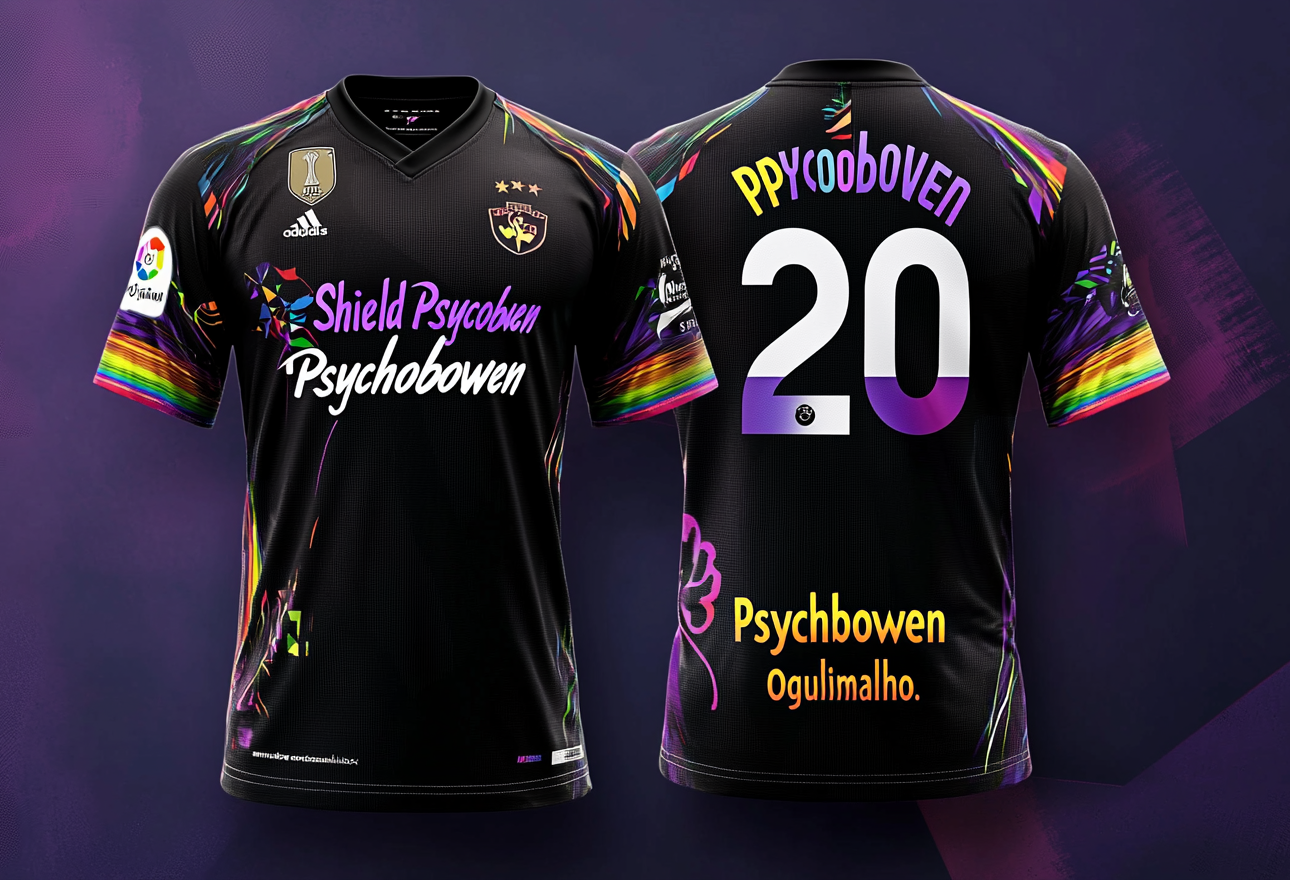EraSmart UV Printer for Sueba Board Printing
Foam PVC, commonly known as Sueba board, is a versatile and lightweight material widely used in advertising, signage, and display applications. UV printing has significantly enhanced its capabilities, enabling high-quality, durable, and vibrant prints. This article explores the advantages, technical aspects, and practical applications of UV printing on Sueba board, with a focus on Erasmart UV printers.
Advantages of UV Printing on Foam PVC (Sueba Board)
UV printing offers numerous benefits for Sueba board applications:
- Direct Printing and Efficiency:
- UV printers allow for direct printing onto Sueba board surfaces, eliminating the need for traditional mounting or lamination processes. This streamlines production and reduces costs.
- High-Quality, Vibrant Images:
- UV inks produce sharp, high-resolution prints with excellent color accuracy and detail, enhancing the visual impact of displays and signage.
- Durability and Weather Resistance:
- UV-cured inks form a strong bond with Sueba board surfaces, resulting in prints that are resistant to fading, scratching, and moderate weather conditions.
- Customization and Flexibility:
- UV printing enables highly customized designs, including complex graphics, photographs, and text, catering to diverse customer requirements.
- Lightweight and Versatile:
- Sueba board itself is a very light weight material, which when combined with uv printing makes for very versatile signage.
Principles of UV Printing on Foam PVC (Sueba Board)
The UV printing process on Sueba board involves these fundamental principles:
- UV Ink Technology:
- UV inks contain photoinitiators that cure instantly when exposed to ultraviolet (UV) light. This rapid curing process ensures strong adhesion and a durable finish.
- Precise Digital Inkjet Printing:
- UV printers use inkjet technology to precisely deposit ink droplets onto the Sueba board surface, creating detailed and accurate images.
- UV Curing Process:
- After the ink is applied, UV light is used to cure the ink, forming a solid and durable layer on the Sueba board surface.
The UV Printing Process on Foam PVC (Sueba Board)
The typical UV printing process on Sueba board involves these steps:
- Material Preparation:
- The Sueba board surface is cleaned to remove dust, dirt, and debris.
- Design Preparation:
- A digital design is created or imported into the UV printer’s software.
- Printing:
- The Sueba board is placed on the printer’s flatbed, and the design is printed directly onto the surface.
- Curing:
- UV light is used to cure the ink, creating a durable and long-lasting print.
Applications of UV Printing on Foam PVC (Sueba Board)
UV printing on Sueba board is used in various applications:
- Indoor and Outdoor Signage:
- Creating eye-catching signs for retail stores, exhibitions, and events.
- Point-of-Sale Displays:
- Producing promotional displays, posters, and signage for retail environments.
- Exhibition and Trade Show Displays:
- Creating lightweight and portable displays for exhibitions and trade shows.
- Interior Decoration:
- Creating decorative interior wall panels.
Erasmart UV Printers: Advantages for Foam PVC (Sueba Board) Printing
Erasmart UV printers offer several advantages for printing on Sueba board:
- Flatbed Precision:
- Erasmart flatbed UV printers provide a stable and precise printing platform, ensuring high-quality prints on Sueba board.
- Material Compatibility:
- These printers can handle various Sueba board thicknesses and sizes, offering flexibility in applications.
- Efficient Production:
- The direct printing and rapid UV curing processes enable efficient production workflows.
- User-Friendly Operation:
- Erasmart printers are designed for ease of use, making them accessible to a wide range of users.
By utilizing UV printing technology and Erasmart UV printers, businesses can create impactful and high-quality displays and signage on Sueba board.


